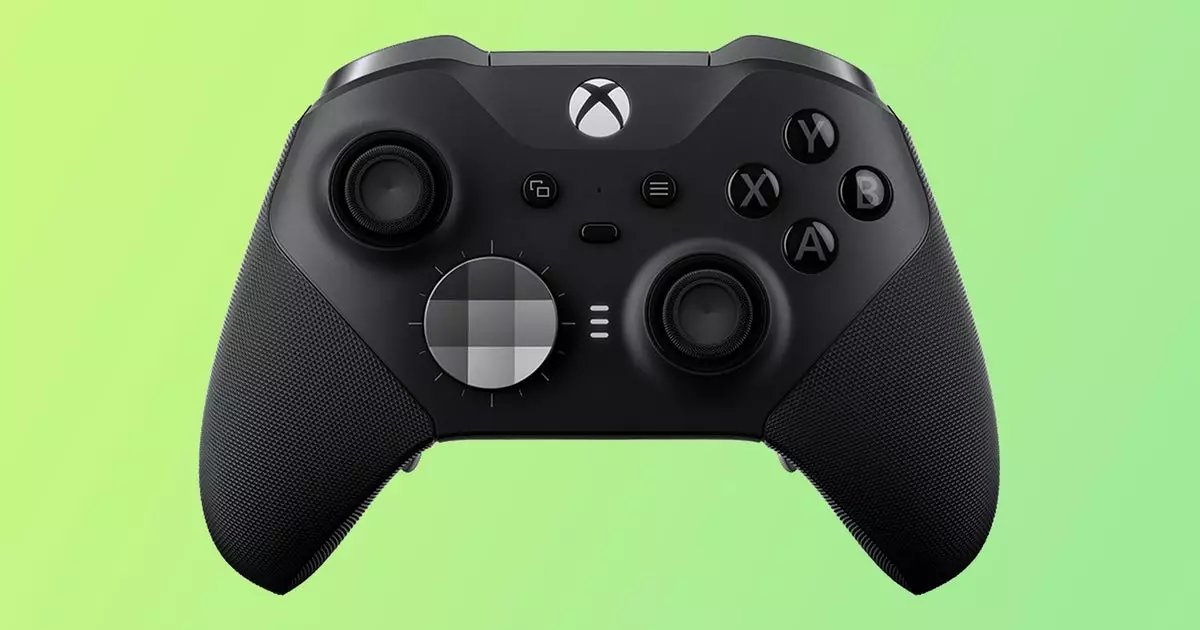The Boycott, Divestment, and Sanctions (BDS) movement has issued a powerful call for action, urging consumers to cancel their Game Pass subscriptions and overlook Microsoft’s gaming franchises, including popular titles like Minecraft and Call of Duty. This latest boycott stems from allegations that Microsoft has involved itself in Israel’s military actions, particularly its use of technology in the ongoing conflict in Gaza. While the gaming community might view this issue as entirely separated from their leisure activities, it is essential to delve deeply into the implications of such corporate affiliations in the modern era.
The gravity of these accusations arises from a joint investigation by several reputable media outlets, which claims that Microsoft’s cloud and artificial intelligence services have been instrumental for the Israeli Defense Forces (IDF). Reports suggest that these technologies have not only managed routine administrative tasks but have played a significant role in combat and intelligence operations against Palestinian populations. The public outcry isn’t just about an ethical debate; it is a moral stance that resonates deeply with millions concerned about social justice and human rights.
The Broader Impact of Corporate Affiliations
At its core, this controversy represents a troubling intersection of technology, warfare, and corporate responsibility. As consumers of digital products, gamers and tech enthusiasts often overlook the consequences of the platforms and technologies they support. In this case, Microsoft’s partnership with Israel’s military could be perceived as complicity in human rights violations. Individuals are being called upon not merely to disengage from a gaming subscription but to take a stand on a larger ethical front.
The implications of boycotting major corporations like Microsoft extend beyond individual gaming experiences; they tap into a collective consciousness regarding corporate accountability in conflicts. Other corporations have faced similar scrutiny in the past, and many have adjusted their practices following public backlash. The question here is: Can gaming enthusiasts and consumers wield their purchasing power to encourage ethical business practices? The effectiveness of the BDS movement’s call for boycotting can indeed reshape industry standards if enough people unite under a common cause.
Challenging the Status Quo
The BDS movement isn’t unfamiliar with targeting tech companies for their perceived aloofness to ethical responsibilities in geopolitical scenarios. Back in 2020, similar protests erupted over Microsoft’s investment in AnyVision, an Israeli startup that developed facial recognition technology used in military checkpoints. Such incidents highlight a growing awareness and concern around tech companies’ roles in societal issues.
The fact that former Microsoft employees like Abdo Mohamed and Hossam Nasr were dismissed after organizing a vigil for Palestinian lives underscores a troubling reality where dissent is suppressed but not silenced. Their actions illuminate a significant point: individuals within these corporations often recognize the moral implications of their employers’ operations, which can spark broader conversations about corporate ethics versus profit.
The Role of Activism in Tech and Gaming
Activism in the tech industry is not merely a fringe movement; it reflects a significant societal shift where activists are increasingly targeting high-profile companies that many consider integral to their lives. Microsoft’s prominence as a gaming titan makes it a potent target for calls of accountability. But it also means that protests against its practices may stand to gain more visibility and potentially inspire consumer behavior change across various markets.
In today’s digital landscape, the lines between gaming and real-world issues are becoming increasingly blurred. Gamers are not just consumers; they are also participants in a larger dialogue about the societal impact of technology. The power of social media further amplifies these discussions, creating a platform where marginalized voices can be heard and resonate with a global audience.
Rather than disengaging from these issues, gamers should lean into the opportunity to reshape their consumption patterns. Boycotting Microsoft Gaming products can serve as an expression of solidarity with those affected by military actions and can stimulate a dialogue about the responsibilities of tech giants. It is essential to remember that every choice we make, even in the realm of entertainment, carries weight and significance.
Whether or not consumers choose to participate in the current boycott, the conversation around corporate accountability in times of conflict is vital. The awareness being fostered by movements like BDS serves as a reminder that even the most mundane decisions in modern life can challenge the status quo and demand a more ethically grounded framework for corporate actions worldwide.


Leave a Reply